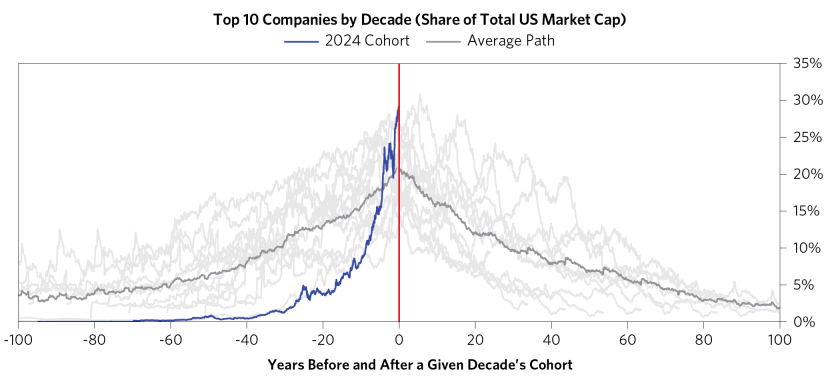• We bought everything needed to make $3 million worth of fentanyl. All it took was $3,600 and a web browser. At the tap of a buyer’s smartphone, Chinese chemical sellers will air-ship fentanyl ingredients door-to-door to North America. Reuters purchased enough to make 3 million pills. Such deals are astonishingly easy – and reveal how drug traffickers are eluding efforts to halt the deadly trade behind the fentanyl crisis. (Reuters)
• Inside the Harvard Business School Ponzi Scheme: He had a successful Wall Street career. Why would he con his classmates? (New York Magazine)
• Why many nonprofit (wink, wink) hospitals are rolling in money: Legal maneuvering, industry lobbying and lax IRS oversight leave lots of room for “operating surpluses.” (Washington Post) see also More of Your Tax Dollars Are Going to Enrich Private Health Insurers Than Help Ukraine: Defend Itself Big insurance has put traditional Medicare, which turns 59 next week, at a huge disadvantage. (Health Care Un-Covered)
• Tech Jobs Keep Moving Out of California. (Don’t Panic Yet). The state’s share of US technology employment is nearing an all-time low, but global venture capital is still flowing in at a healthy pace. (Bloomberg)
• Why hugely profitable corporations won’t spend enough to keep hackers from stealing your private info: Yet in corporate America, cybersecurity has been an afterthought, if it receives any thought at all. “These companies at some point decide that it’s really expensive to care a lot more about security when there really aren’t a lot of consequences for screwing it up,” Krebs told me. “You might get sued or have to pay a few hundred million dollars in fines, but these are rounding errors on their profits.” (Los Angeles Times)
• The Zombie Mall King Doesn’t Want to Be a Bottom-Feeder Forever: Jamie Salter has bought and revived dozens of bankrupt retailers from Barneys to Brooks Brothers. Now he’s going after bigger game. (Businessweek)
• Federal regulators step up their campaign against predatory payday lenders and their rip-offs: Mick Mulvaney “unwound years of careful CFPB work — all to benefit an industry that has close ties to Mr. Mulvaney and that has contributed more than $60,000 to his political campaigns.” (Los Angeles Times)
• 99 years after the Scopes ‘monkey trial,’ religious fundamentalism still infects our schools. No one bothered to organize an opposition. There was no legislative debate. The lawmakers assumed that Gov. Austin Peay would simply veto the bill. The president of the University of Tennessee disdained it, but kept mum because he didn’t want the issue to complicate a plan for university funding then before the Legislature. Peay signed the bill, asserting that it was an innocuous law that wouldn’t interfere with anything being taught in the state’s schools. The law “probably … will never be applied,” he said. Bryan, who approved of the law as a symbolic statement of religious principle, had advised legislators to leave out any penalty for violation, lest it be declared unconstitutional. (Los Angeles Times)
• Don’t Take Trump’s Word for It. Check the Data. Now that the uncertainty around Mr. Biden’s candidacy has been resolved, the campaign will begin anew. With Mr. Trump sure to ratchet up his falsehood-laden rhetoric, it’s a good time to review his recent record of dishonesty. (New York Times) see also Trump allies crush misinformation research despite Supreme Court loss: High court ruling green-lighting contact between government and tech companies to stymie falsehoods online hasn’t deterred a GOP campaign against academics, nonprofits and tech industry initiatives aimed at addressing their spread. (Washington Post)
• Accused of abuse — and back in the gym: Gymnastics promised a reckoning, but coaches who faced allegations remain in the sport. Athletes say the truth of what happened in one top gym still hasn’t been told. (Washington Post)
Be sure to check out our Masters in Business next week with Natalie Wolfsen, CEO of Orion. The firm’s platform hosts 6 million accounts valued at $4.1 trillion dollars. She came to Orion ‘23 as CEO of AssetMark. She was named to 2024 Barron’s 100 Most Influential Women in U.S. Finance.


